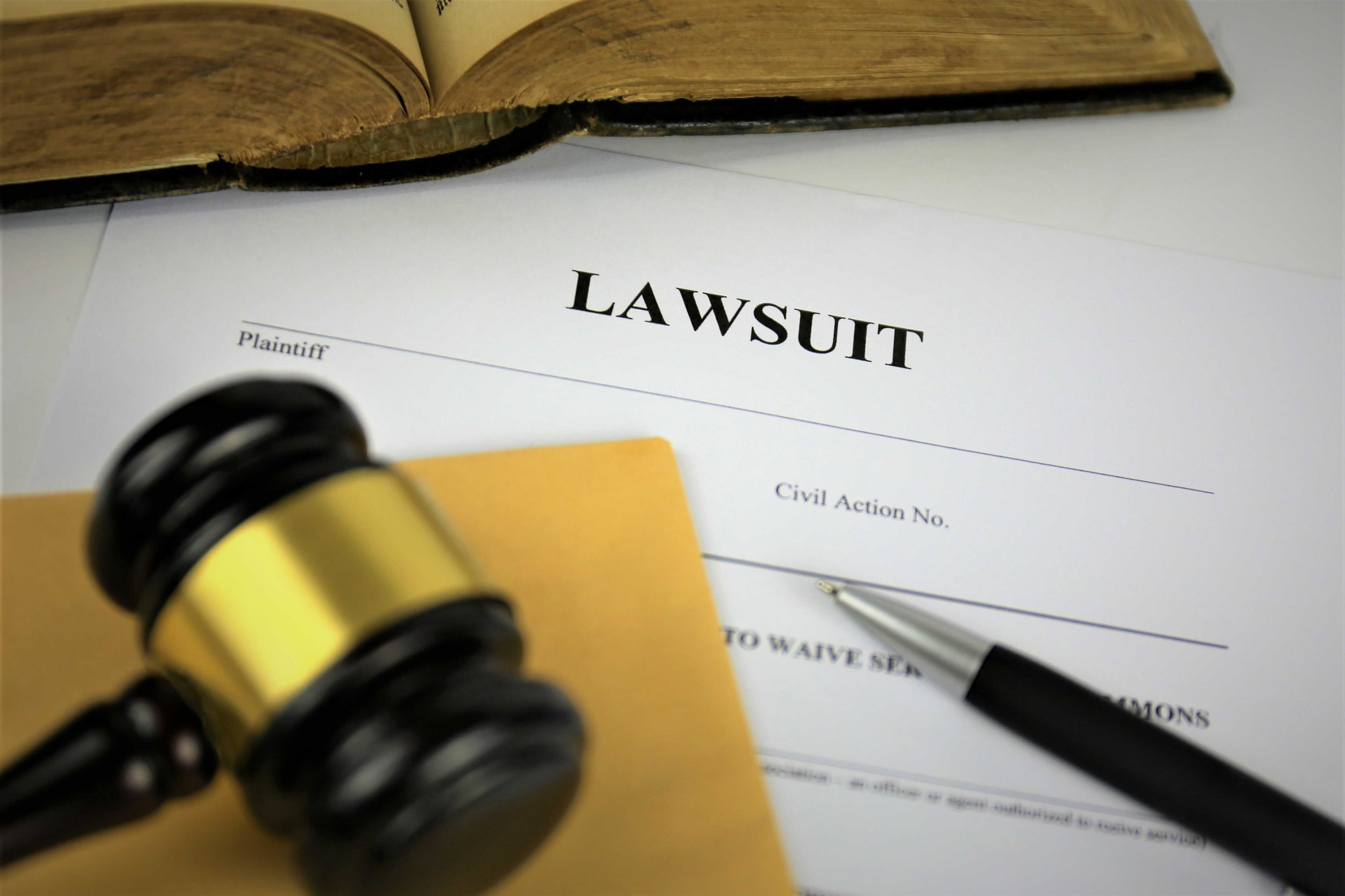Compensatory vs. Punitive Damages
When you suffer a work injury due to someone else’s recklessness or negligence — be it a fellow employee, your employer, or some other party — you’re legally entitled to compensation. Pursuing this compensation, however, can be difficult. In the process of filing a workers’ compensation claim, you’ll likely encounter many confusing legal tems, such as “compensatory vs punitive damages.” This article will explain the difference between these two terms, as well as why they matter in your work injury case.
What Are Damages?
First, you need to understand what “damages” are. In a typical context, the term refers to harm that impairs something's usefulness, value, or normal function. In a legal context, it refers to the financial sum imposed by the law as a penalty for a violation of some right or a breach of some duty.
Compensatory and punitive damages are two classifications of damages. "Actual damages" is another term often used to refer exclusively to compensatory damages.
What Are Compensatory Damages?
In some cases, a monetary award known as compensatory damages is awarded to the injured party to offset the financial losses that have occurred due to the defendant's wrongful actions. These types of damages may include economic or non-economic damages.
1. Economic Damages
These are special damages with a direct financial cost, based on the victim's actual injury-related expenses. Figuring out the cost of these damages is rather straightforward, as your expenses can easily be backed up by physical evidence (e.g. receipts, invoices, pay stubs, etc.)
Economic damages include, but aren’t limited to:
Medical expenses, such as
Medical treatments
Emergency room fees
Hospital stays
Prescription medication
Physical therapy and rehabilitation
Doctor’s appointments
Transportation to and from medical appointments
Future medical expenses due to the injury
Loss of income (whether due to missing work temporarily for recovery or a permanently diminished earning capacity from the injury, e.g. a mechanic who can no longer move his hand properly from a work injury)
Property damage costs
Funeral or burial expenses (in the event that the injury caused the death of the victim)
Out-of-pocket court and litigation costs
2. Non-Economic Damages
These are damages with no direct financial cost. As a result, they're much harder to calculate. These damages are awarded to mitigate the effects of the injury on the victim, although they can't replace what the victim lost.
Some states follow specific formulas for the calculation of non-economic damages. To ensure your non-economic damages are calculated properly and the at-fault party doesn't pay less than what they rightfully owe, it's best to hire a skilled work injury lawyer.
Non-economic damages include, but aren’t limited to:
Pain and suffering
Emotional distress and mental anguish (i.e. the psychological impact of the injury, resulting in grief, anxiety, depression, fear, trauma, or others)
Disfigurement or disability
Loss of enjoyment of life
Shortened life expectancy
Loss of consortium, companionship, or support (in the event that the injury caused the death of the victim)
What Are Punitive Damages?
Punitive damages are a financial sum meant to severely punish the party at-fault for their behavior and discourage them and others around them from acting the same way in the future. While the injured party does receive them as part of their compensation, their primary purpose is a punishment for the other negligent party instead of a recovery of losses.
A court may impose the ultimate retribution on a defendant, requiring them to pay punitive damages, a punishment fit for the wrong they committed. They're rarely awarded, as it has to be proven that the at-fault party was deliberately and knowingly acting out of malice, oppression, or fraud.
Cases where punitive damages are awarded typically involve extreme recklessness or intentional harm, for example:
Product liability lawsuits where the manufacturer ignored the defect (e.g. the Johnson & Johnson lawsuit where their product caused cancer in several women)
Medical malpractice lawsuits where a medical professional knowingly caused harm (e.g. the case of a pharmacist diluting a patient’s cancer drugs)
Accidents caused by gross negligence or disregard for others (e.g. drunk driving accidents)
Need Help Calculating Your Damages?
It's important to understand the distinction between compensatory and punitive damages when you suffer a work injury, as you need to know what you're rightfully owed. You don't deserve to suffer the consequences of someone else's recklessness or negligence without justice.
If you need help calculating your damages or navigating the process of filing a work injury claim, feel free to reach out to our team of experienced work injury lawyers — we have years of experience helping victims in Ladera Ranch recover maximum compensation for their injuries. Call us at (949)-888-9807 or contact us through our website today for a consultation.
FAQ’s
-
Yes, you can receive both compensatory and punitive damages in a single case. For this to happen, the judge will have to decide if the at-fault party’s behavior was extremely reckless and negligent, as well as whether or not the compensatory damages are enough to cover the full extent of your losses. In many states, you have to ask for punitive damages to be awarded.
-
Punitive damages are awarded in cases of severe recklessness or negligence. For example, you may receive punitive damages for a work injury caused by a defective product that the manufacturer shipped out with full knowledge of the defect.
-
The two types of compensatory damages are:
Economic damages, which have a fixed financial cost (e.g. medical bills, lost wages, property damage repairs, etc.), and
Non-economic damages, which don’t have a fixed financial cost (e.g. pain and suffering, emotional distress, etc.)


